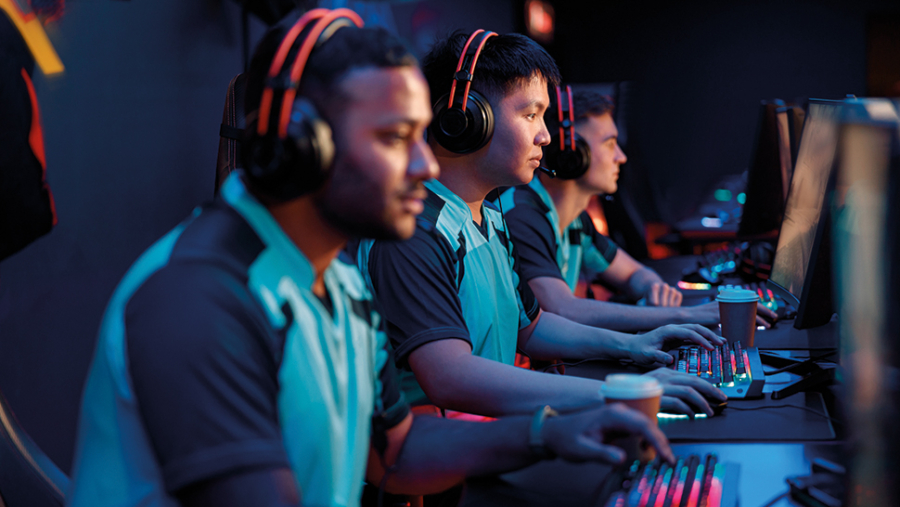

The significant recent increase in eSports, from small and disparate gaming competitions to internationally recognised annual tournaments, has meant that some of the issues and problems of such large sporting competitions have evolved equally quickly.
The issue for eSports competitors is to ensure that their rules are enforceable. The rules for these tournaments are usually more than adequately addressed by those running them and paying prize funds, sometimes in the millions of pounds, such as with Dota 2 and the Fortnite world cup.
As with all rules and agreements, they are only as strong as their remedies and processes for dealing with disputes or rule breaches. Traditional sports have separate governing bodies, arbitrational organisations and associations tailored to their disciplines; this being the dividend of having grown organically over many decades.
The challenge for eSports is to have an arbitrational process and body to deal with disputes that the competitors can understand, obtain advice upon and utilise effectively.
As with traditional sports there are numerous potential areas for issue. In eSports these come in a variety of forms, some of which have already been identified as match fixing, performance enhancing drugs – albeit usually more focused on the mental and reflex improvements – and cheating.
Cheating can range from cheat codes to improving items to trigger or aimbots in first- and third-player shooters like Call of Duty and Fortnite. At present, the Esports Integrity Commission (ESIC), which is a not-for-profit organisation established in 2015, is trying to establish a list of forbidden substances. However, this again will take time to establish and apply to eSports as a whole.
Although different arbitrational bodies may be required for the different types of games, whether real-time strategy, sports simulations or something else, the aim should now be to ensure that there is uniformity across eSports disciplines.
This would prevent the more ad-hoc approach of arbitrational bodies being dictated simply by each tournament or the location of the headquarters of that particular game’s ultimate owners.
Although there is much work to do to unify the currently fragmented approach to arbitration and tournament rules, eSports remains a new area of great potential competition and legal application.










